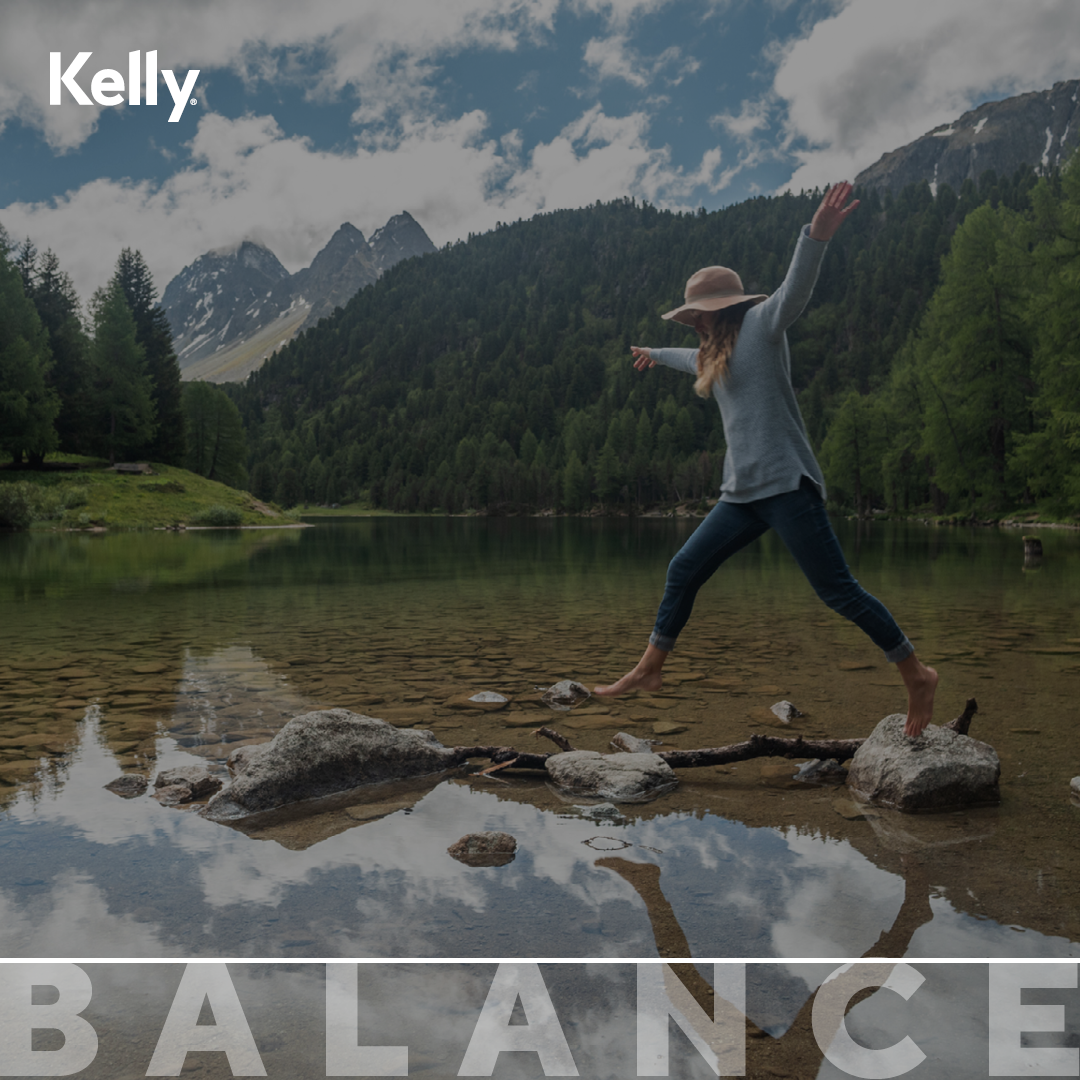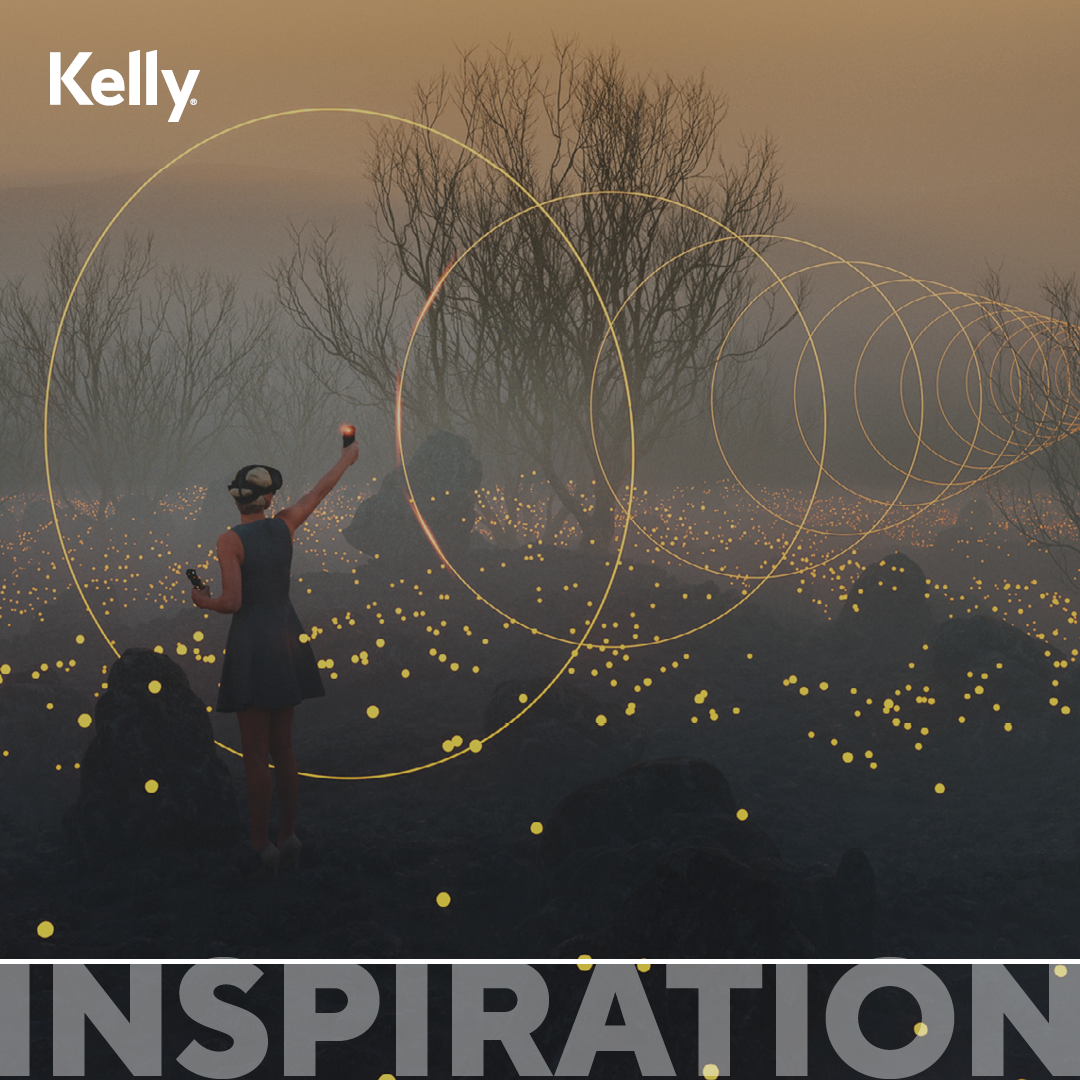
In recent years, there has been a significant push to foster greater diversity in the workplace. But did you know that the most diverse teams are also smarter and more creative?
Diverse teams are smarter
According to the Harvard Business Review, a 2015 McKinsey report found that out of 366 public companies, those with a top 25 percent in ethnic and racial diversity as part of high-level teams performed better than less diverse ones, for example, they were roughly 35 percent more likely to have financial returns above the industry average. And those companies in the top 25 percent for gender diversity were 15 percent more likely to earn above-industry average revenue.
Diverse teams are more creative
There is an interesting correlation between being exposed to other cultures and creativity. For example, many famous creatives or artists did, or do, their best work while living abroad. For example, we can think of Hemingway or Picasso. So what are the reasons that multicultural experiences enhance creativity?
Forbes reports that diverse teams are more creative because a person's individual creativity is enhanced by their ability to integrate different points of view, something many of us learn when we interact with collaborators from different backgrounds. This occurs because having a diverse group of people on the same team helps others see problems differently, leading to different ways of solving problems, with a variety of thoughts and solutions.
In fact, multicultural experiences have been found to enhance awareness of the underlying connections between different ideas, in addition to enhancing the flexibility of those ideas. A study carried out by professors from Brigham Young University and Stanford University showed the impact of a socially different newcomer joining a team, which caused already integrated collaborators to question themselves and their approach led to greater performance level.
Reasons to encourage diversity in your team
The above are more than enough reasons for you to make your team become more diverse and inclusive. Promoting diversity is not only the right thing to do to generate equity in your organization; you'll also make your team smarter, more creative, and ultimately more innovative, which can have a positive impact for everyone and a beneficial effect on your bottom line. And remember to make sure you encourage inclusive practices in your company, so that new members who join your team feel comfortable enough to be themselves and bring their best to their work every day.







